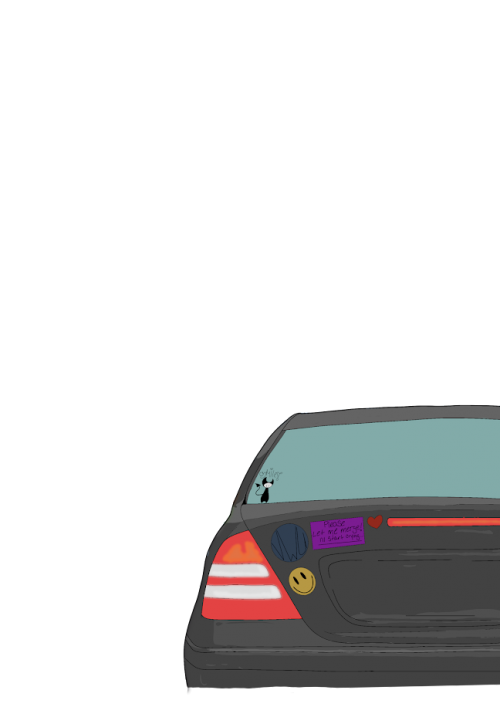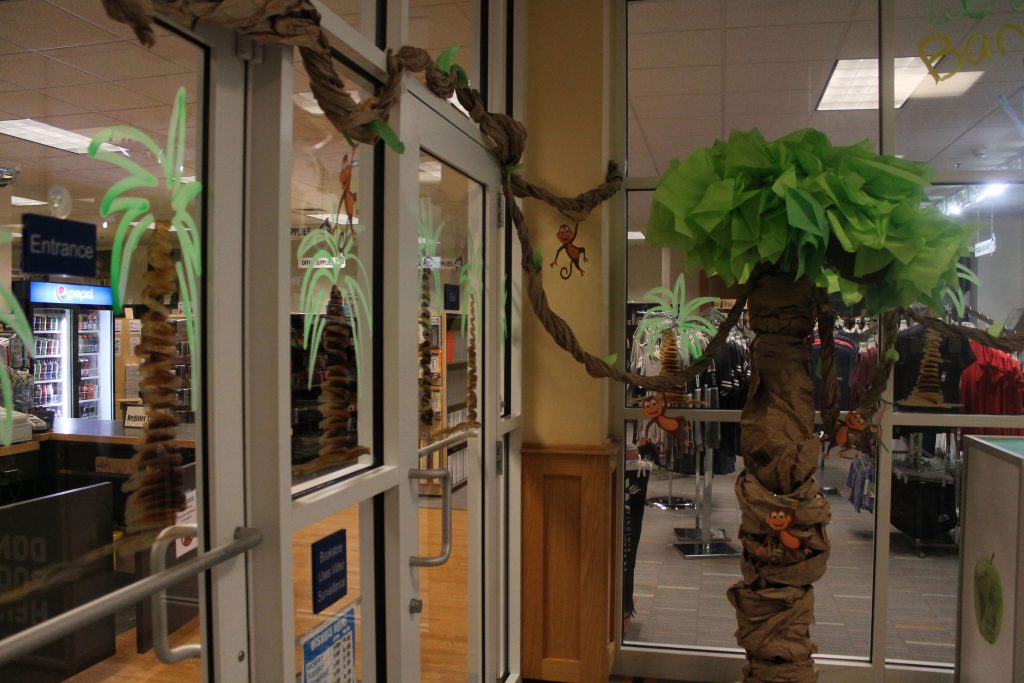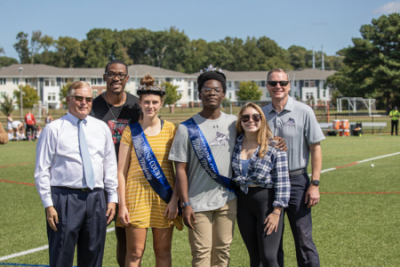Featured Image: Hailey Benders | Marlin Chronicle
Traffic and car troubles are some of the daily struggles faced by commuter students, but VWU is here to help.
College room and board prices are expensive, and being a local student has its perks. Mobile Marlins are students that are able to enjoy the college experience while living in the comfort of their own home. These students can take advantage of the many amenities that students who live on campus also have.
On the second floor of the Jane P. Batten Student Center, commuter students are provided a space where they can store their lunches. The room has a full fridge, toaster oven, Keurig, microwave and a small coffee table; there is also an extra seating space outside the room if needed. Lockers can be found in Birdsong Hall for student athletes who commute and don’t have cars. These students can obtain key cards from security to use the 24/7 Study during nights and weekends.
Considering this year’s large number of first-year students, the amount of commuters on campus has also increased.
Micah Lister is a first-year student who lives near the Norfolk International Airport. Lister has a 15-minute commute to school.
“It’s good to be close to home because I help my parents with my younger siblings,” Lister said. “If I need somewhere quiet and the library is not open, I can usually go to my house.”
Some students who were previously commuters have moved into on-campus housing as Residential Assistants (RA), or to live with friends in an attempt to avoid a longer commute. On the other hand, some students decide to become commuters as a result of finishing their undergraduate degree and beginning their masters program.
Emma Janney is currently completing the Masters of Arts in Education (MAEd) program. Janney lived on campus during her years as an undergraduate, but is now a commuter.
“I live in Newport News, and my commute can be between 30 minutes to two hours depending on traffic and the closures affected by the bridge tunnel,” Janney said.
Sophomore Molly Brennan currently works as a RA, but was a commuter during her first year at VWU. Brennan is from Suffolk, and had a 30-minute commute to campus.
“I usually got up two hours before I had to be at school to allocate for traffic and everything because I had a lot of morning classes,” Brennan said. “Sometimes I would leave two hours before my classes had to start and I would still get there late.”
Students who live on campus are required to buy parking passes. The same goes for commuter students.
“When I was a commuter last year, it was $150, and it’s the same this year being an RA,” Brennan said.
Unfortunately, students sometimes run into car troubles and have to find other ways of getting to school, such as asking for a ride from friends or parents, calling an Uber or riding a bike.
“Second semester of freshman year I had to drive my family car, which didn’t really inconvenience me other than the fact I had to show them my ID since I didn’t have the parking pass,” Brennan said.
There are many pros and cons to living on campus, especially in regard to social life and productivity.“I met some great friends on campus and got super involved with different clubs and departments on campus,” Janney said. “Once I made friends and started to have more connections on campus, I began enjoying my time on campus more and more. There are ample cons because of the commute to and from, especially as a student in the MAEd program completing practicum hours.”
Some students are consistently late by 5 or 10 minutes just because of traffic, which is something that can’t be controlled. This has caused students to wake up extremely early.
“It’s definitely nice not having to wake up at the crack of dawn for a 10 a.m. class, and I don’t have all of that time spent in traffic anymore, which was frustrating,” Brennan said.
All things considered, commuter students are encouraged to take advantage of the resources offered by numerous organizations and clubs on campus. Like all other students, Mobile Marlins should join clubs, make friends and reach out for help.
By Chloe Booher
crbooher@vwu.edu



